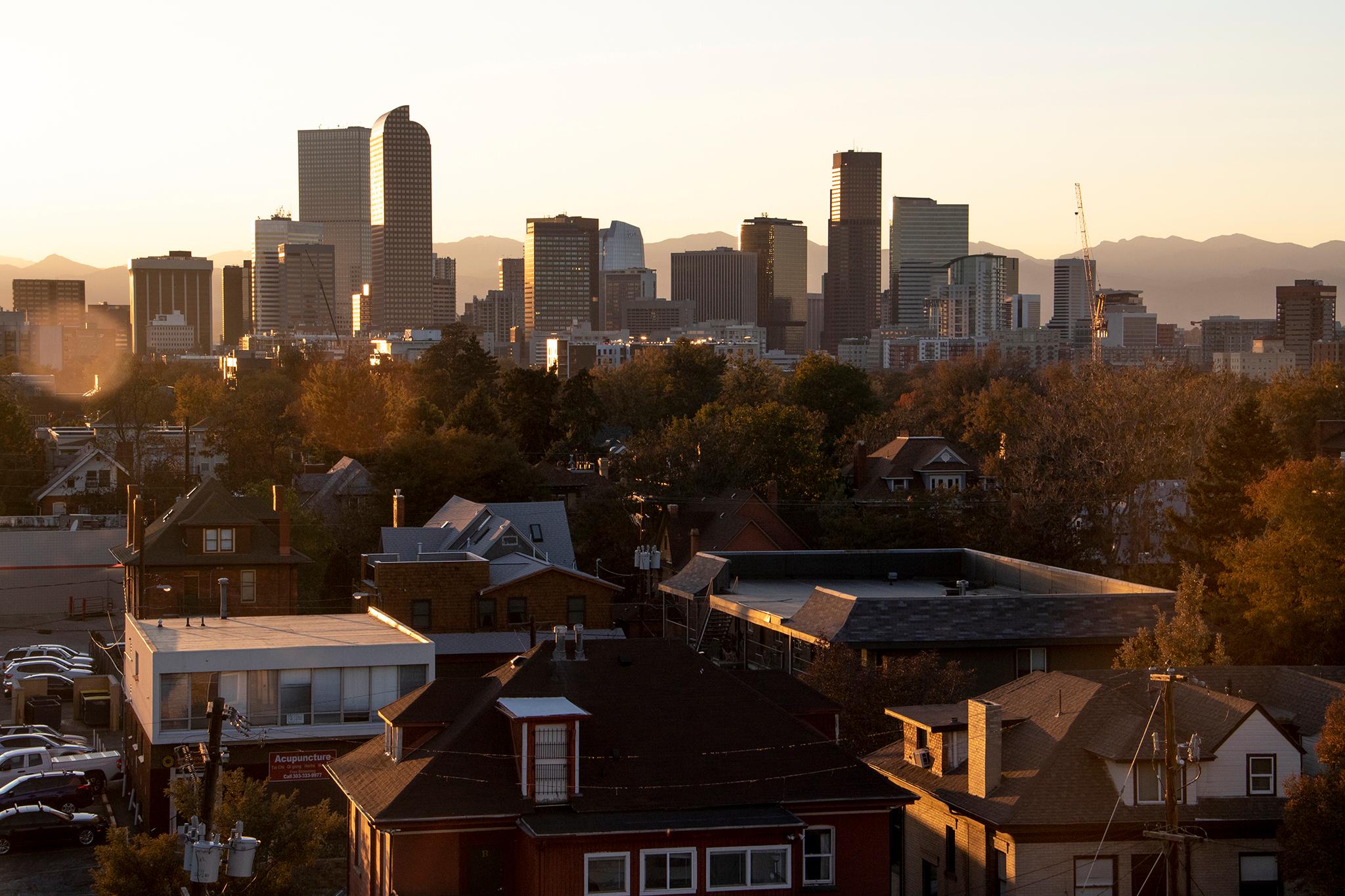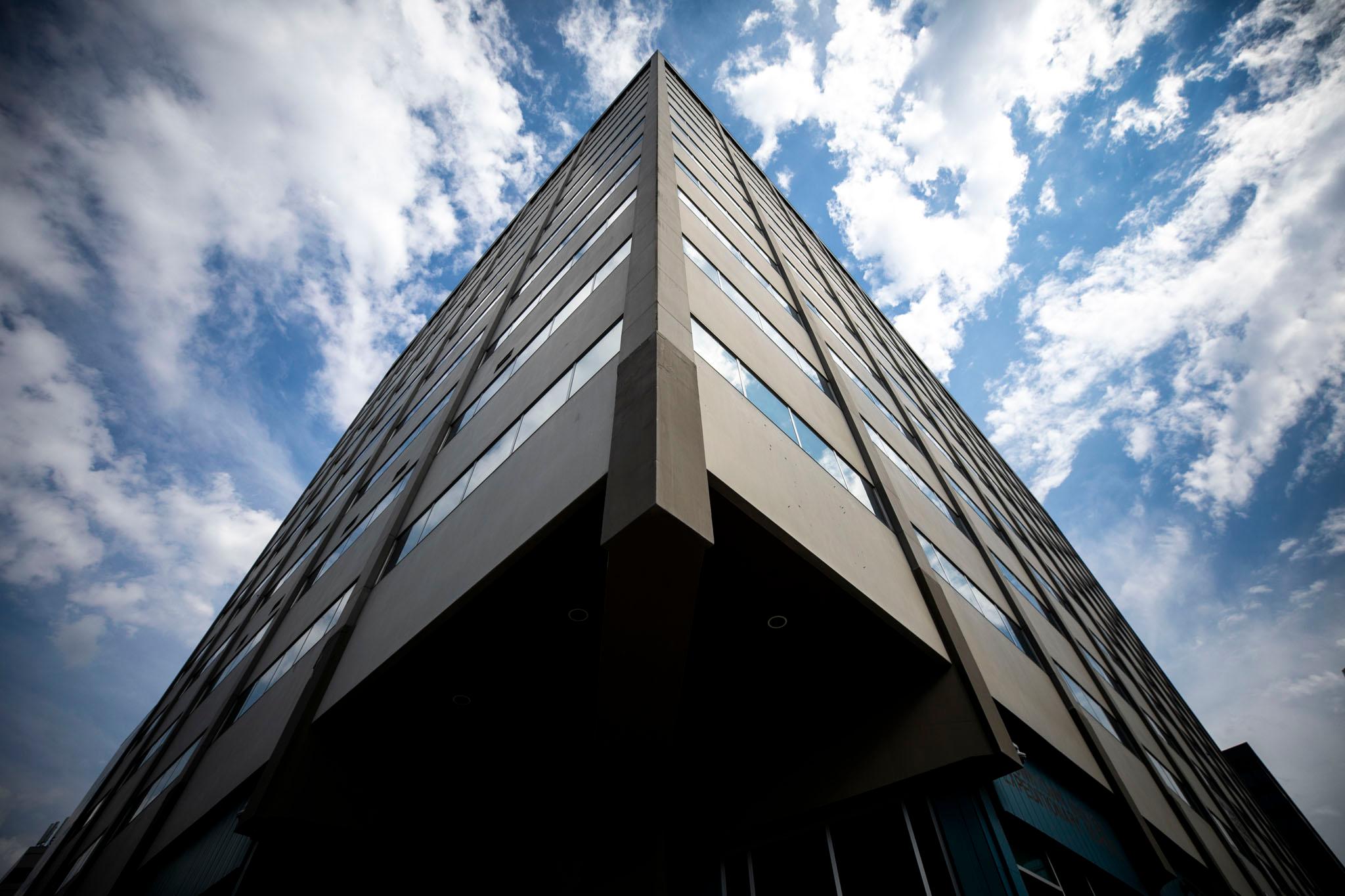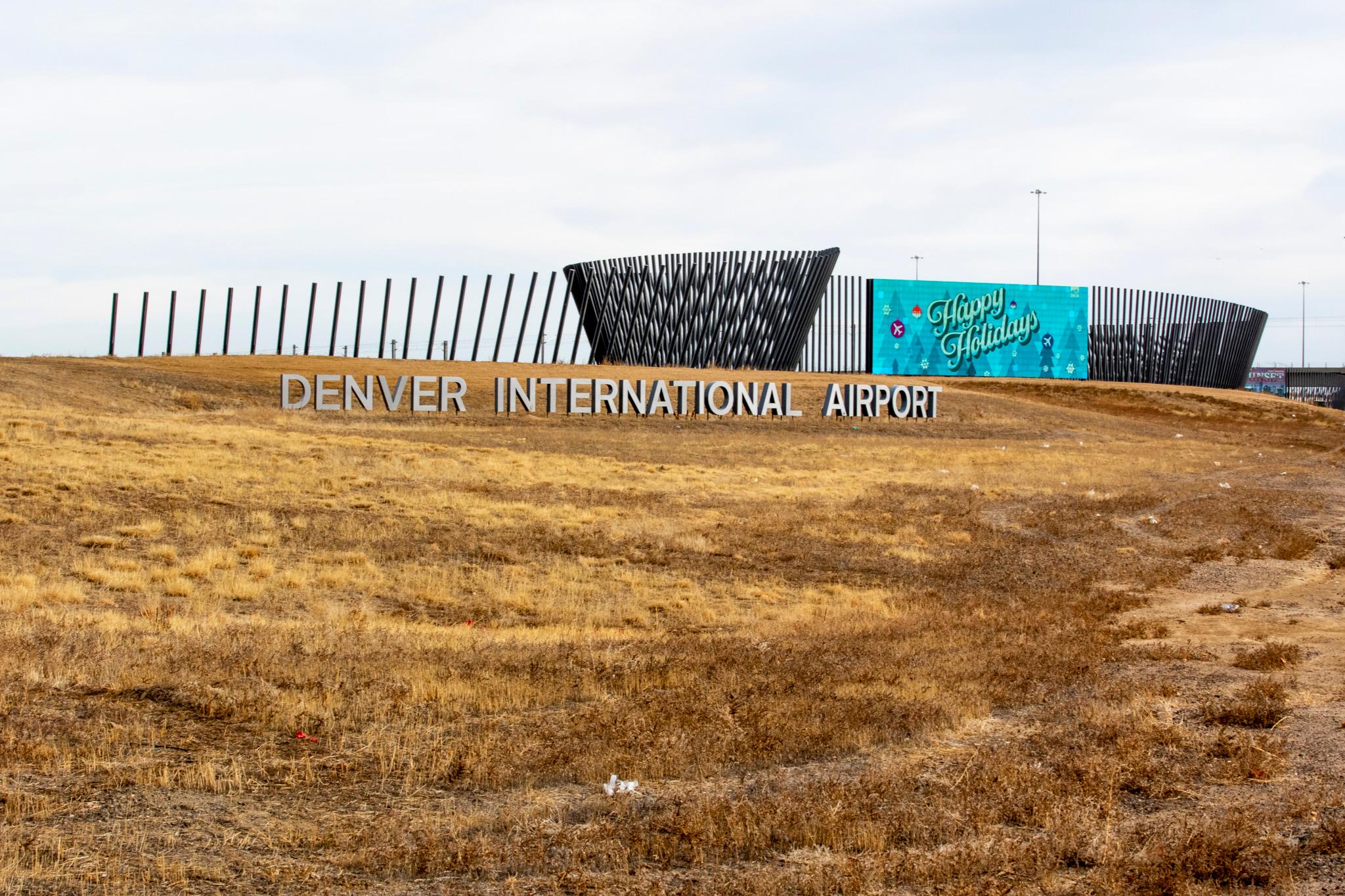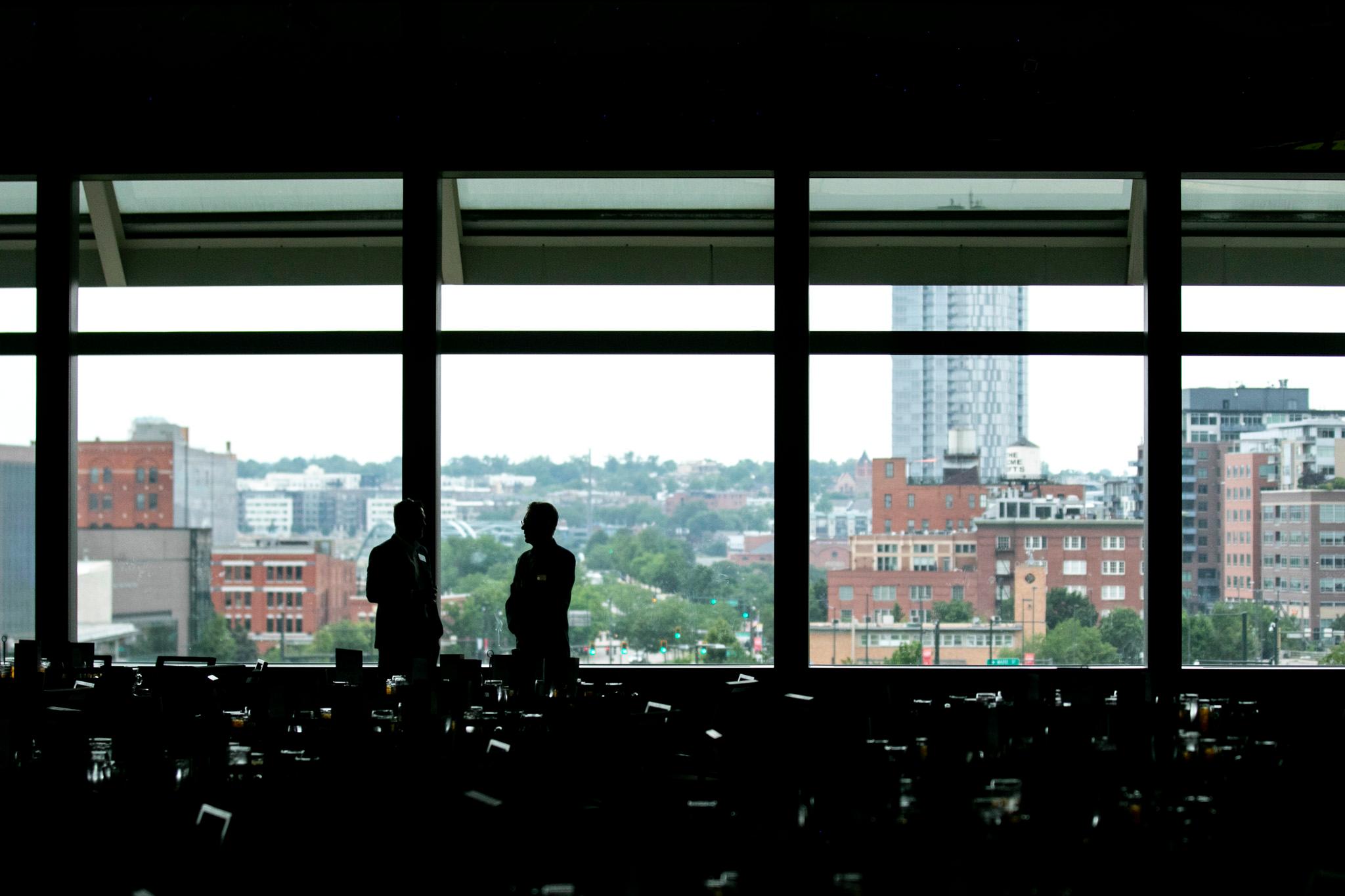In June, Denver renters faced the second-highest number of eviction court filings, 735, since pandemic shutdowns hit Colorado in March of 2020.
Also in June, City Council announced Denver would continue offering legal defense and assistance to some residents at risk of being kicked out of their homes.
In the first half of 2022, the number of eviction court filings has been higher, 4,608, than in the same timeframe in 2020 or 2021. Still, there were 894 fewer than in those same months in 2019.
"In total, there have been fewer eviction filings Jan-June 2022 (3,714) than Jan-June 2019 (4,608)," wrote Department of Housing Stability spokesperson Derek Woodbury.
The highest number of evictions since before the pandemic hit was in March 2022, when there were 771 court filings.
What do these numbers mean?
These numbers do not reflect every person or family whose landlords kicked them out in this timeframe. Nobody tracks the number of people who are threatened with eviction and opt to leave or who are told to leave and obey. Eviction court filings only reflect cases that go to court.
"It is difficult to determine why there were higher 2022 levels in March and June of this year," Woodbury wrote.
The nationwide Centers for Disease Control emergency eviction moratorium ended in August 2021, but that did not lead to a significant hike in evictions. No major policies have changed, and just how significant the June hike is, in terms of broader trends, has yet to be seen.
Henry Eisler, a spokesperson for the landlord's advocacy group the Colorado Apartment Association, also expressed some uncertainty about the numbers.
"The country's declining economic conditions are, inevitably, placing new cost burdens on Colorado's renters, and that may be having some effect. Generally, though, we try to not to draw conclusions from single-month blips," he said. "In March, for example, we saw metro Denver's eviction numbers surpass 2019 levels -- but in subsequent months, April and May, the Denver market saw historically low eviction rates. Through the first six months of 2022, Denver's eviction rates are 37.5% lower than they were in 2019, and considerably below the 20-year average for the metro area."
Of the June evictions, the highest number, 55, took place in the 80205 zip code, which includes Five Points, Curtis Park, Cole, Clayton, Whittier and some of City Park. The second highest, 31, took place in the 80239 zip code, which includes parts of Montbello and Gateway-Green Valley Ranch. The third, 29, took place in 80202, or downtown Denver.
The results of an eviction are often destructive for the people losing their homes, who may be forced into homelessness, live with a tarnished record that makes it hard to rent again, and face the economic challenges of finding a new place in a market where rent has risen over the past year.
Is anything being done to stop these evictions?
Eisler said landlords often try to avoid evicting tenants and work out deals, when residents can't afford rent.
"Colorado's multifamily housing providers are eager to work with residents struggling to make payments, and in the near-year since the moratorium's expiration, the state's historically low eviction rates are strong evidence of these partnerships' efficacy," he said.
The City, itself, also offers legal support for eviction defense to residents who make less than 80% of the area median income, or less than $62,600 for a single person.
"HOST provides free eviction legal assistance and rent and utility assistance to households at or below 80% of the area median income and encourage residents at risk of eviction to visit denvergov.org/housing to get more information and apply," Woodbury wrote.
On June 20, City Council expanded its eviction legal defense program through 2023, with $1.5 million in American Rescue Plan Act dollars for programming that runs through 2023.
"We're working to help households remain in their homes and to prevent more of our neighbors from falling into homelessness," noted Britta Fisher, executive director of Denver's Department of Housing Stability, in a statement. "By expanding access to legal representation in eviction proceedings, we're enabling people to weather life's challenges in their community without disrupting their circles of support where they feel connected and supported."
What about renters whose income doesn't qualify for the program?
As of now, renters facing eviction who make more than 80% of the area median income are on their own.
But there is a group, NEWR Denver, which stands for No Eviction Without Representation, which has proposed a ballot measure to ensure all tenants have access to legal defense in the case of an eviction filing.
NEWR champion Wren Echo explained the importance of legal defense earlier this year.
"If you show up to court with a lawyer, you win a lot of the time," she said. "And even when you don't win, it massively improves your chances of getting a much better outcome and potentially staying in your home, or getting a non-judgment stipulation, something like that, where even if you move, you know, you're just you're making an agreement with your landlord. And so you're not like getting a permanent eviction record that's gonna throw you into a lifetime of housing instability, possibly with you on the street."










